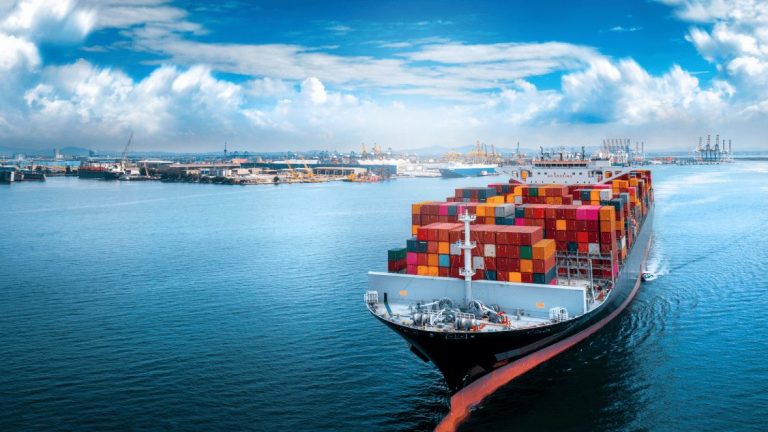Currently, the logistics sector is on everyone's lips for its exponential increase, but also for the repercussion and impact that has had in the World economy due to the events experienced in recent years. The impact of Covid-19, which generated a shortage of containers in the main ports, the Ever Given ship stuck in the Suez Canal that threatened fuel increases and delays in deliveries, the strike of carriers due to the increase in fuel prices or war in ukraine, are just some examples.
In a so globalized world like the one we live in, the word International charge a higher leadership, when the need arises market a good or a service between different countries, good for lack of supply, out of necessity look for new opportunities or even for expand and get greater benefits in a company at the lowest cost.
When these needs arise it is important to distinguish between import (need to buy in another country) and export (need to sell outside a country). He merchandise supply movement can be done in sea, air, train or road transport. All of the aforementioned means of transportation require qualified professionals, knowledgeable in logistical processes, which is why they require specialization.
What specialization does an international logistics manager have?
International logistics has the following specializations:
- Import operation.
- Export operation.
- Operation of customs processes.
All professionals who cover these specializations have in common that they must plan, visualize and execute the organization of the supply of the products they import, export or dispatch and must ensure their correct arrival at their destination under the conditions agreed upon by their clients.
In what fields can you operate within international logistics?
Import and export It occurs in the different means of transportation mentioned above. In the subject of international trade we will focus on the Marine transport, since it currently represents the 90% of international trade, Being the last mile drag very characteristic since specialized container transport is involved.
In addition, there are numerous fields in which to exercise international transport skills, such as shipping companies, freight forwarders, consignees, customs brokers, transport agencies and any company that requires qualified professionals to lead the transit of the merchandise they buy or sell in different countries.
What skills should an expert in international trade have?
A good international transport manager must be wise in the procedure and very rigorous in his guidelines, since many parties involved in the processes depend on him. These would be the most characteristic qualities that it should provide:
- That has mental clarity and organizational ability to be able to carry out the entire operation without generating excess efforts for the parties involved.
- that possesses documentary knowledge for correct clearance of the merchandise by customs.
- that has ability to visualize, plan and organize the process knowing that at any time there may be an incident that alters the planning. Therefore, it is necessary to always have a plan B.
- that acquires language knowledge.
- Let him keep the tolerance to stress and desire to learn.
He Master in logistics and international trade management It will help you give a boost to your career as it will serve as a guide to achieve the professional success you need, being wise in the processes and thus becoming a qualified professional to perform the different functions required in the sector.



































